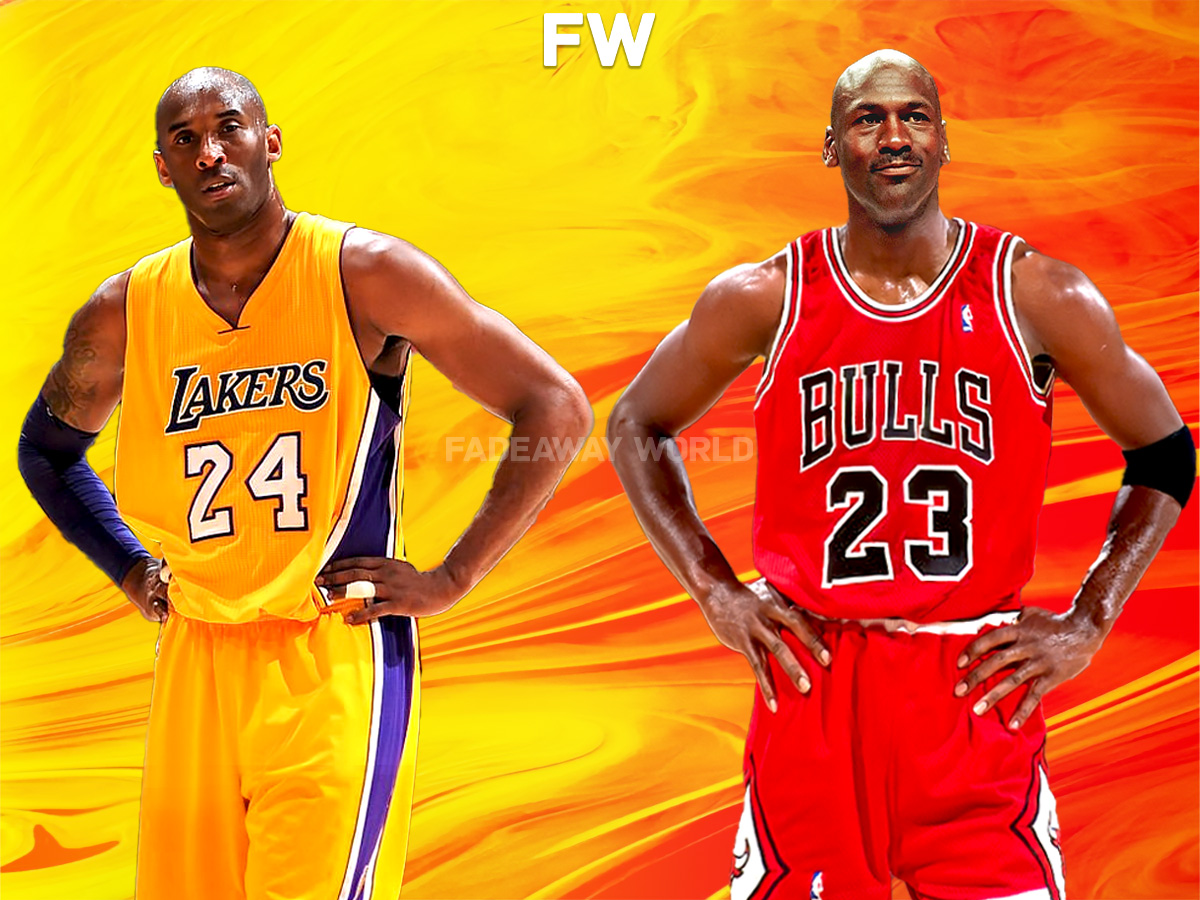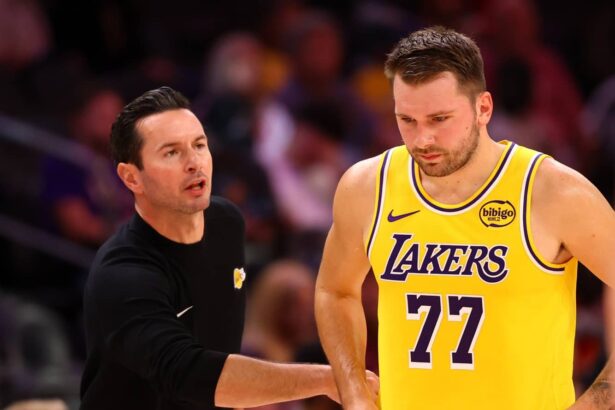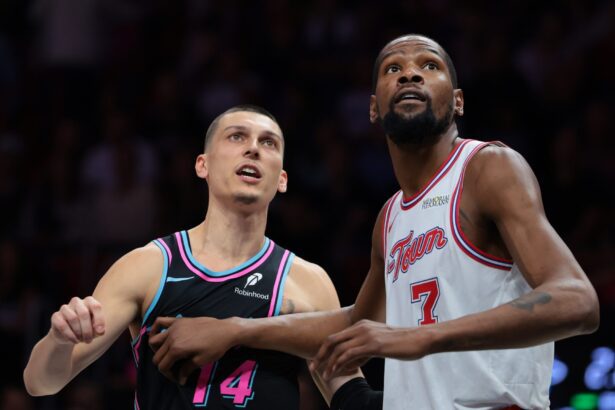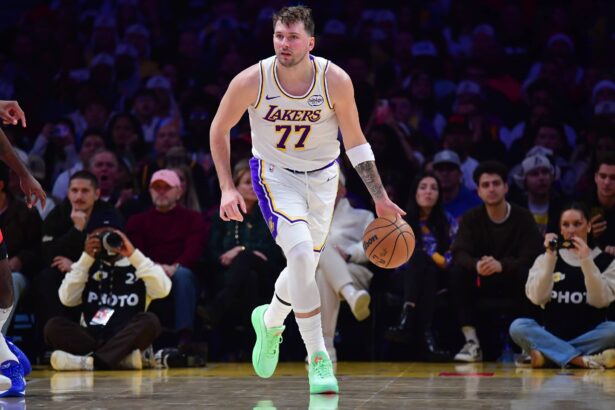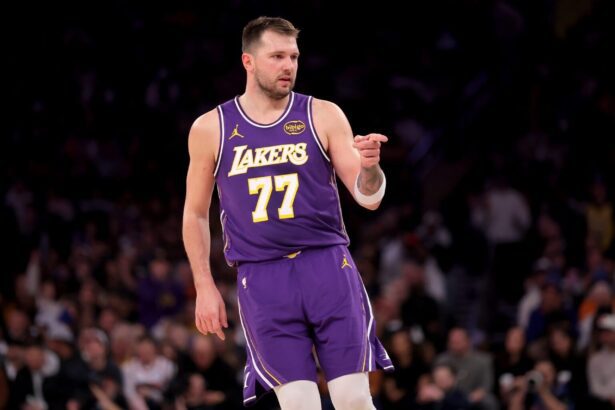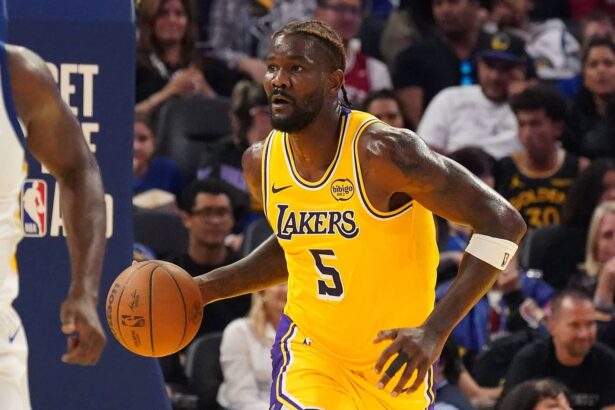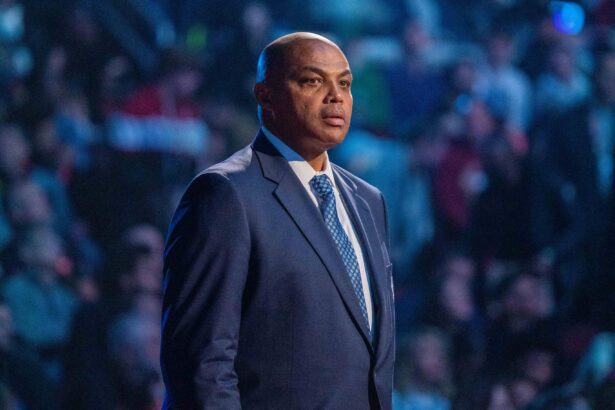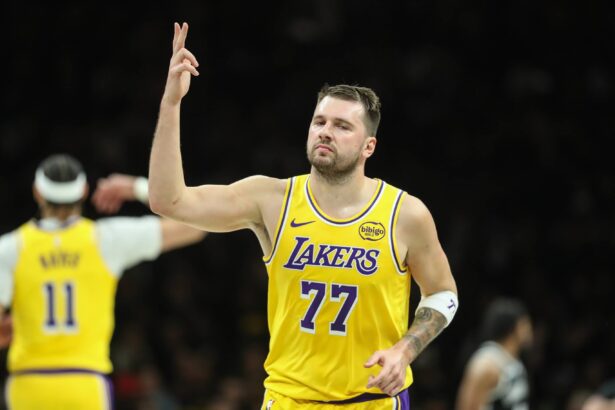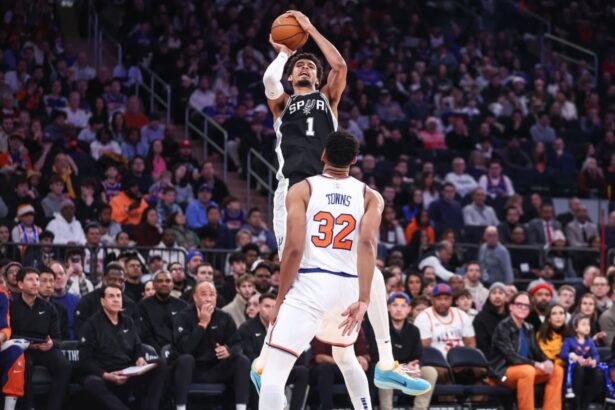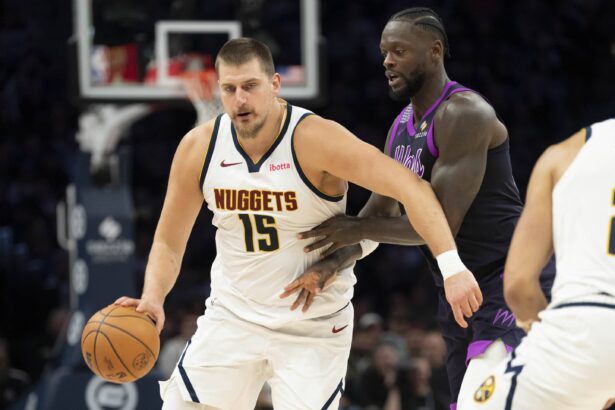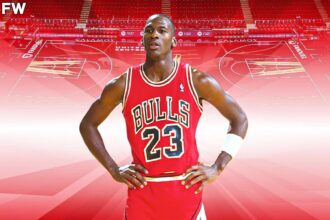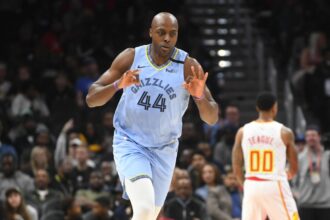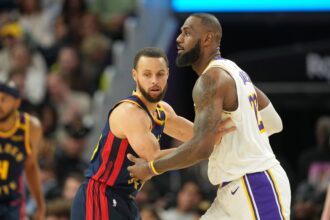John Salley did not hold back when he took aim at modern NBA stars over load management, contrasting today’s mindset with the relentless mentality of legends like Michael Jordan, Kobe Bryant, Shaquille O’Neal, and Isiah Thomas.
Speaking on the OGs podcast, Salley passionately described a different era—one where players took pride in suiting up every single night, regardless of pain, fatigue, or circumstances.
“Isaiah wanted you dead. Michael wanted you dead. Kobe wanted you dead. Period. And then wanna resurrect you and kill you again. And it was funny, ’cause when Phil would take MJ out of the game, I would watch, and MJ would sit. He would sit there, and I was like, what just happened? He has 46.”
“The real difference—guys take days off now. I remember Michael was talking smack about Horace, and he was like, ‘Man, he only plays 65 games a year. Of course he’s gonna be fresh.’ There’s no way you were gonna get Kobe not to play a game, Michael not to play a game, or Isaiah. They’re not giving up these minutes.”
“So when I see guys talk about load, I don’t understand. Because when I first got in the game, in the league, we flew commercial. Can you imagine flying commercial and having to play in a back-to-back, where you gotta get up at five, the flight’s at seven?”
“They had to arrange their hos different. They loved the game so much that they were not going to take a night off. Isaiah took a night off because he literally—Karl Malone cut his eye.”
MJ didn’t have any, I don’t remember him ever having days off. Kobe had to tear something for him not to play in a game.”
Salley recalled moments with Jordan when Phil Jackson would sub him out, and MJ would sit there with 46 points—seething, itching to get back on the court, not satisfied with anything less than complete domination.
For Salley, the fundamental difference between eras comes down to availability. It wasn’t just about pride—it was about love for the game and an understanding of what fans came to see.
Load management is perhaps the most controversial development in the modern NBA. While it’s rooted in science and caution, its impact on the fan experience is undeniable.
As Salley pointed out, tickets to NBA games can cost hundreds, sometimes even thousands of dollars. That’s a serious investment for the average fan—one that stings even more when the stars they came to see are sitting in street clothes.
Still, there’s another side to the story. Load management exists for a reason: the league is faster and more physically demanding than ever, with high-flying athletes and an increased pace of play.
Teams now make multi-million-dollar decisions with player health in mind, aiming to protect long-term investments and ensure peak performance when it matters most—during the playoffs. In some cases, especially for aging veterans or injury-prone stars, a night off can prevent a season-ending injury.
The NBA has tried to combat load management with rule changes, such as limiting rest on nationally televised games and requiring stars to play a minimum number of games to be eligible for awards.
Yet, as Salley’s words show, there remains a romanticized notion of the past—a time when players didn’t have private jets or top-tier medical technology, but showed up every night because the game demanded it.
Salley’s take may be harsh, but it echoes the sentiments of many fans and former players who feel the emotional weight of a game day means less now.
Whether load management is smart or soft depends on perspective—but there’s no denying that the mindset of Jordan, Kobe, Shaq, and Isiah remains unmatched in terms of durability and obsession with greatness.

